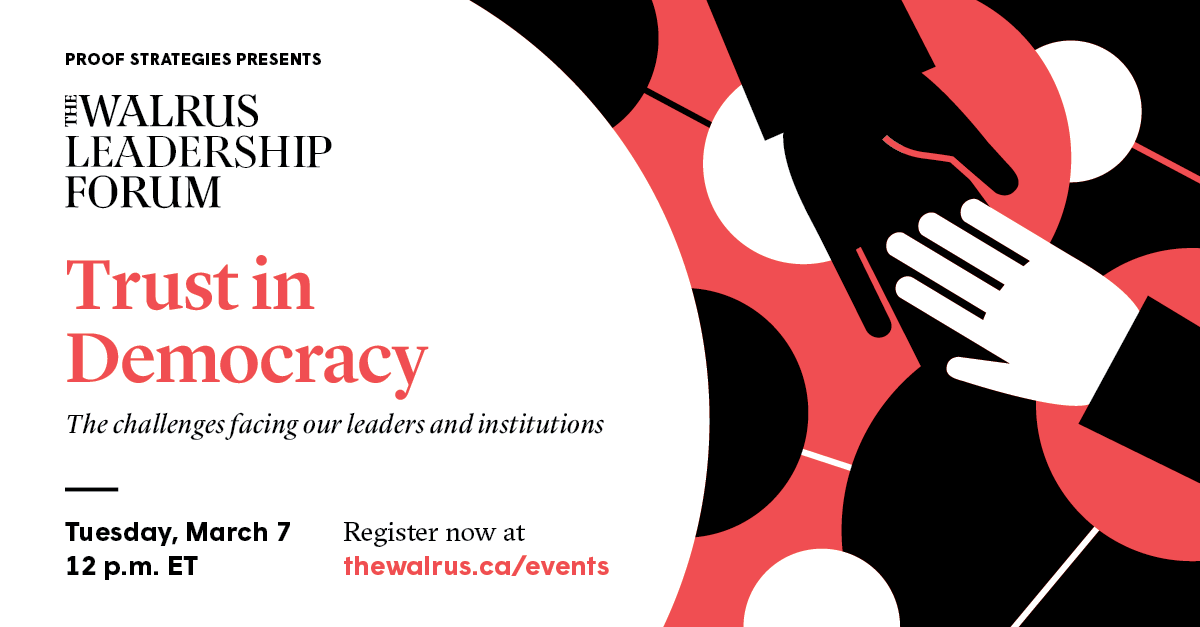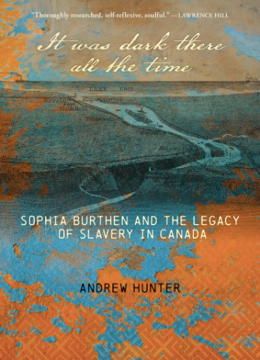Stay tuned for a Twitter takeover by @intothemelwoods talking about her pandemic love letter to karaoke: thewalrus.ca/this-pandemic-… 1/14
Hi everyone! I’m @intothemelwoods, here to tell you the story behind my article about what we all lost when the pandemic shut karaoke down. 2/14
First of all, I LOVE karaoke. In the “before times,” every few weeks, you could find me at Funky Winker Beans, in Vancouver, doing my very best Alanis Morissette impression on the main stage. 3/14
Last January, I sang “Rock Lobster” at a packed karaoke bar in Berlin. Afterward, an impromptu train-station karaoke after-party popped up. Little did I know, it would be one of the last times I sang karaoke’s sweet sweet song. 4/14
https://twitter.com/intothemelwoods/status/1218855016582320128?s=20
When the COVID-19 pandemic hit, everything shut down. And, while many services and activities have come back in one way or another over the past year, karaoke has yet to fully return. 5/14
Karaoke is obviously a no-go during a pandemic. Shout-singing respiratory droplets like a viral firehose onto everyone around us is the last thing we should be doing. Add in germ-caked song lists and packed bars and it’s a BAD IDEA. 6/14
Some Canadian operators tried to do COVID-19-safe karaoke over the summer, complete with sanitized microphones and six-foot space regulations. But even those got shut down, “killing any dream of coming back,” one karaoke host told me. 7/14
Many popular karaoke spots have shuttered completely. My beloved Funky’s still has yet to reopen in any capacity in over a year, and another Vancouver institution, Pub 340, recently announced it was closing permanently. 8/14
But karaoke devotees say it needs to come back in our postpandemic world. Karaoke is a vital hobby, one that’s about more than just singing ABBA covers—it’s about self-expression, community, and joy. I miss getting to sing with my friends. 9/14
You aren’t judged on your talent but rather on your ~conviction~. For four minutes and thirty seconds, I get to leave gender at the door and feel like I actually am Bruce Springsteen. 10/14
Karaoke hosts say they’re willing to do anything to make the hobby work in a postpandemic world. “We will do whatever we can to get back to just sitting in our seat and waiting our turn to sing a song,” Vancouver’s Virginia Lynn told me. 11/14
As for what song she’ll sing on her first night back, Lynn says a big Whitney Houston ballad is definitely on the table, “just to belt it all out.” 12/14
When karaoke does come back, you’ll know where to find me—vaccinated, microphone in hand, sing-shouting B-52s lyrics in front of all my favourite people. That moment truly can’t come soon enough. 13/14
That’s it from me, @intothemelwoods. Thanks to @thewalrus for sharing their Twitter account. You can read my story here: thewalrus.ca/this-pandemic-… 14/14
• • •
Missing some Tweet in this thread? You can try to
force a refresh










